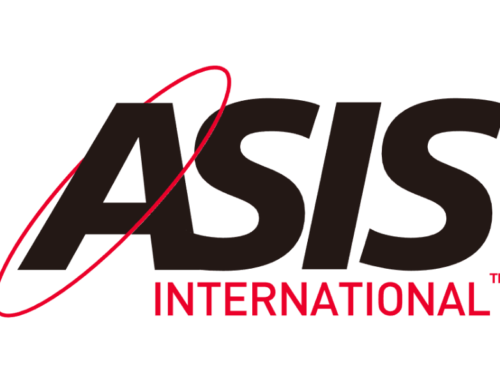The ability to communicate effectively is a highly nuanced skill that must be honed and mastered by any manager who intends to accomplish his or her objectives with the willing cooperation of others. The absence of quality communication often leads to lower morale and reduced productivity. Instead of moving forward with direction, workers quickly descend into a quagmire of second-guessing and speculation.
Managers who communicate effectively gain stature and have a distinct advantage in maximizing results. By practicing a handful of techniques, you will emerge as a skilled communicator who can convey your thoughts with clarity and inspire employees to action.
Inherent Failure to Communicate
Managers should understand and accept the inherent limitations of human interaction. Eliminate any notion that directions clearly written or spoken by you should be readily understood and embraced by others as if they are robots being programmed. People on the receiving end are filtering words through their personalities, cultural affinities and value systems that define who they are. Multiply this by the number of people receiving the communication, and the likelihood of misunderstanding rises.
Awareness of this reality allows room for misunderstandings without bogging the communicator
down in feelings of inadequacy and frustration.
Regardless of how good you become at communicating, content will always be filtered and interpreted. But the following tools will help your message get across more clearly:
Develop substantial content. Managers should have an expanding repertoire of insights as well as knowledge that will help employees develop as individuals and as a team. Demonstrate empathy with others through stories and anecdotes that relate to the topic.
Be appropriate. Situations vary, so a canned approach will never be effective. Know the setting, the context and the audience. Getting this wrong can send mixed signals and create an uncomfortable atmosphere.
Avoid tools as crutches. Many tools could be discussed, but Microsoft Office’s PowerPoint has become so pervasive that it now generates laziness. If the message is best delivered in PowerPoint, e-mail it to recipients before the meeting. Convey your message without technological distraction.
Listen to learn. A healthy business narrative is not a monologue; it is a dynamic, colorful culture of people exchanging ideas, concerns, insights and experiences. Managers should listen intently and absorb as much as possible. Thus, managers who allow themselves to be schooled by their employees receive a priceless education.







